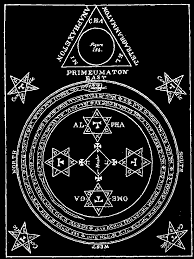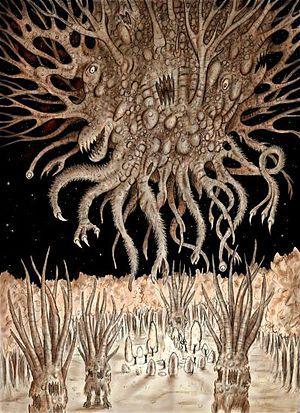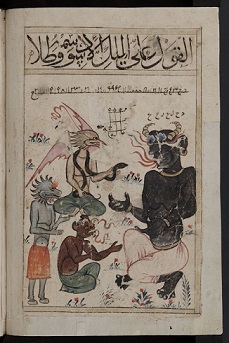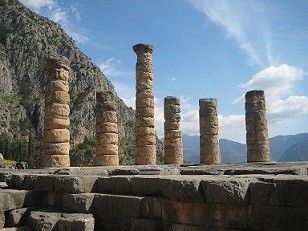Satanic Demonology in Theory and Practice
Demonology is the study of demons, and demons have a rich and varied history from all around the world. Every culture at some point that revolved around religion has had their demons or darker spirits.

Demonology is the study of demons, and demons have a rich and varied history from all around the world. Every culture at some point that revolved around religion has had their demons or darker spirits. The origins of this name in Western culture are as mysterious as the legends that surround them.
The word demon traces as far back as 1200 a.d. from the Latin daemon, meaning spirit, taken from the earlier Greek daimon1, describing a deity or divine power or lesser god, and guiding spirit. It was the spirit or force that provided one’s fortune or lot in life. It became a kind of destiny that was based on one’s own personal being, the force that divided fortune from misfortune.
With this division, the association of demons with things that were considered unholy or left handed came through the Christian church, throughout the ages, in their decision to remove the daimon, or guiding spirit from people’s understanding of the world. With this they could cast the demon in a dark light, making it into a devil.
The most famous of the demons in western magic come from the grimories of old. The extensive work and research that was done by Johann Wier in 1577, and Colin DePlacny in 1863, would later on become part of a compendium of books re-written by Aleister Crowley as the Ars Goetia.
The earlier works on demonology attempted to classify demons according to their nature and office as genius spirits. Demons became akin to ‘genies’, djin where their knowledge made them as useful spirits. Many of the methods of working with them through books like the goetia specify that they should be contained through ceremonial ritual magic, much of which was based on Hermeticism and Thelemic practices.
Much of the information on western demonology is based on Hermetic and Thelemic sources, where the methods of working with them leave much to be desired when it comes to Satanism as a religion or practice. Not to worry though, because Satanists have their own methods of working with demons.
First you must understand that much of the information you come across from various non-satanist sources may describe demons as maleficent spirits, ready to attack you and bring you misfortune. They are unlike gods, who are often seen as beneficial and helpful. As a Satanist, as one who walks the left hand path, your approach to working with demons will be quite different.
For a Satanist, a demon is an ally, a helping hand in gaining occult, secret and hidden knowledge that would otherwise not be available by any other means that could possibly benefit you. To a Satanist, their meaning returns to the origins of Demons being a genius or guiding spirit, a spirit that can help you to divide the physical from the spiritual.

References
[1] 1200, from Latin daemon “spirit,” from Greek daimon “deity, divine power; lesser god; guiding spirit, tutelary deity” (sometimes including souls of the dead); “one’s genius, lot, or fortune;” from PIE *dai-mon- “divider, provider” (of fortunes or destinies), from root *da- “to divide” (see tide (n.)). from [http://www.etymonline.com/index.php?term=demon] Accessed 12/03/16
Return to the Spiritual Satanist Essays Page to read more about magic, occultism and demonology.



